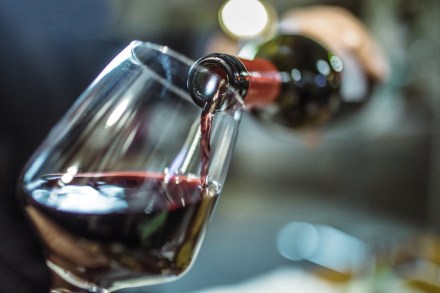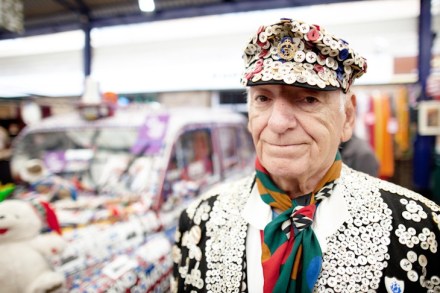Tips for Christmas tipples
It’s telling that perhaps the best wine book of last year, Amber Revolution by Simon Woolf, was self-published, though you’d never guess from the quality of the design, photography or editing. Wine books are a tough slog for publishers unless they’re written by one of the big four: Clarke, Johnson, Robinson and Spurrier (sounds like a firm of provincial solicitors). Hugh Johnson wrote the first World Atlas of Wine in 1971. Since the 1998 edition he has been, in his words, ‘progressively passing the baton’ to Jancis Robinson. It’s astonishing how much has changed; early editions were little more than France, Germany, Italy, sherry and port. Now this eighth edition














